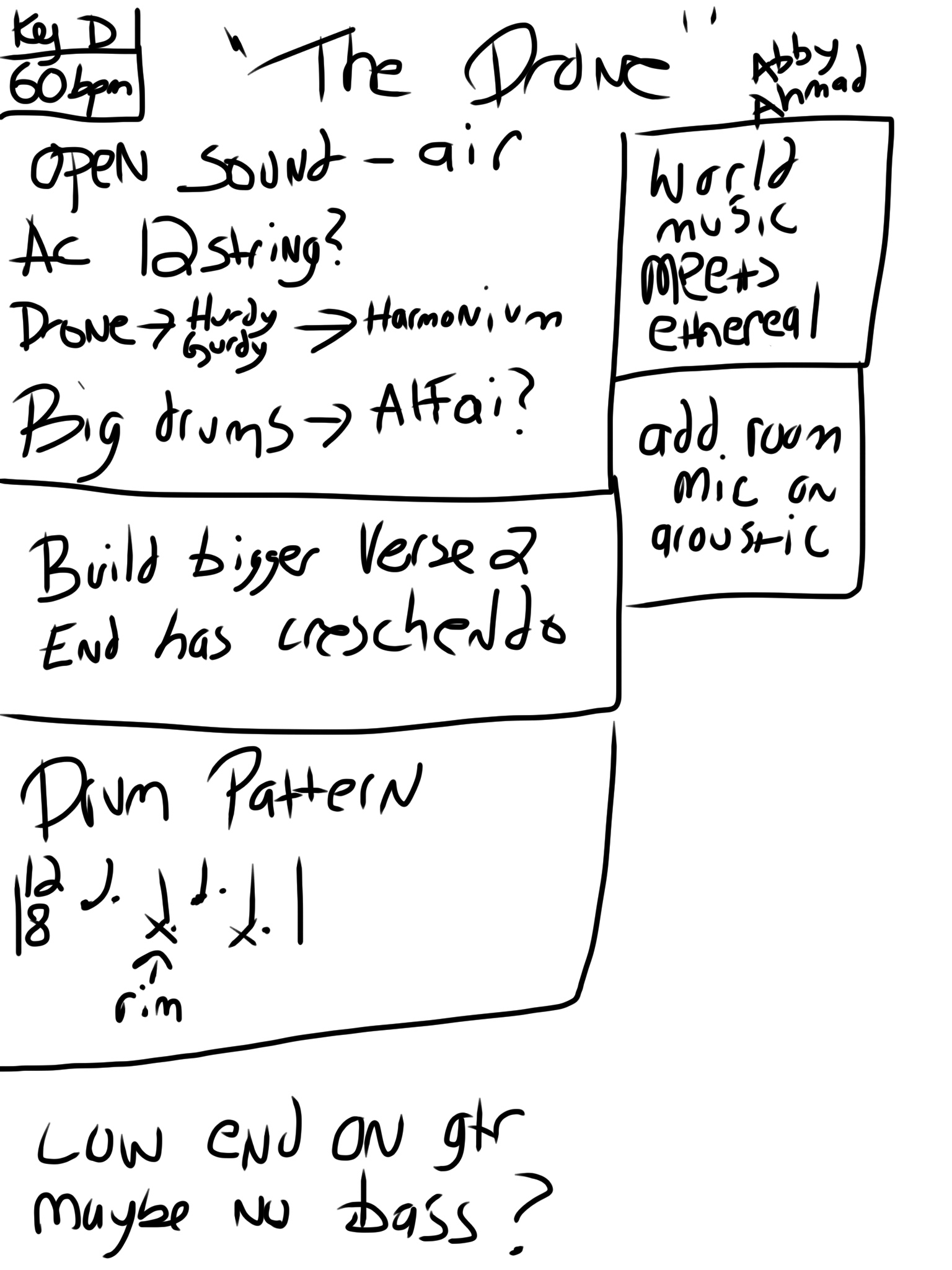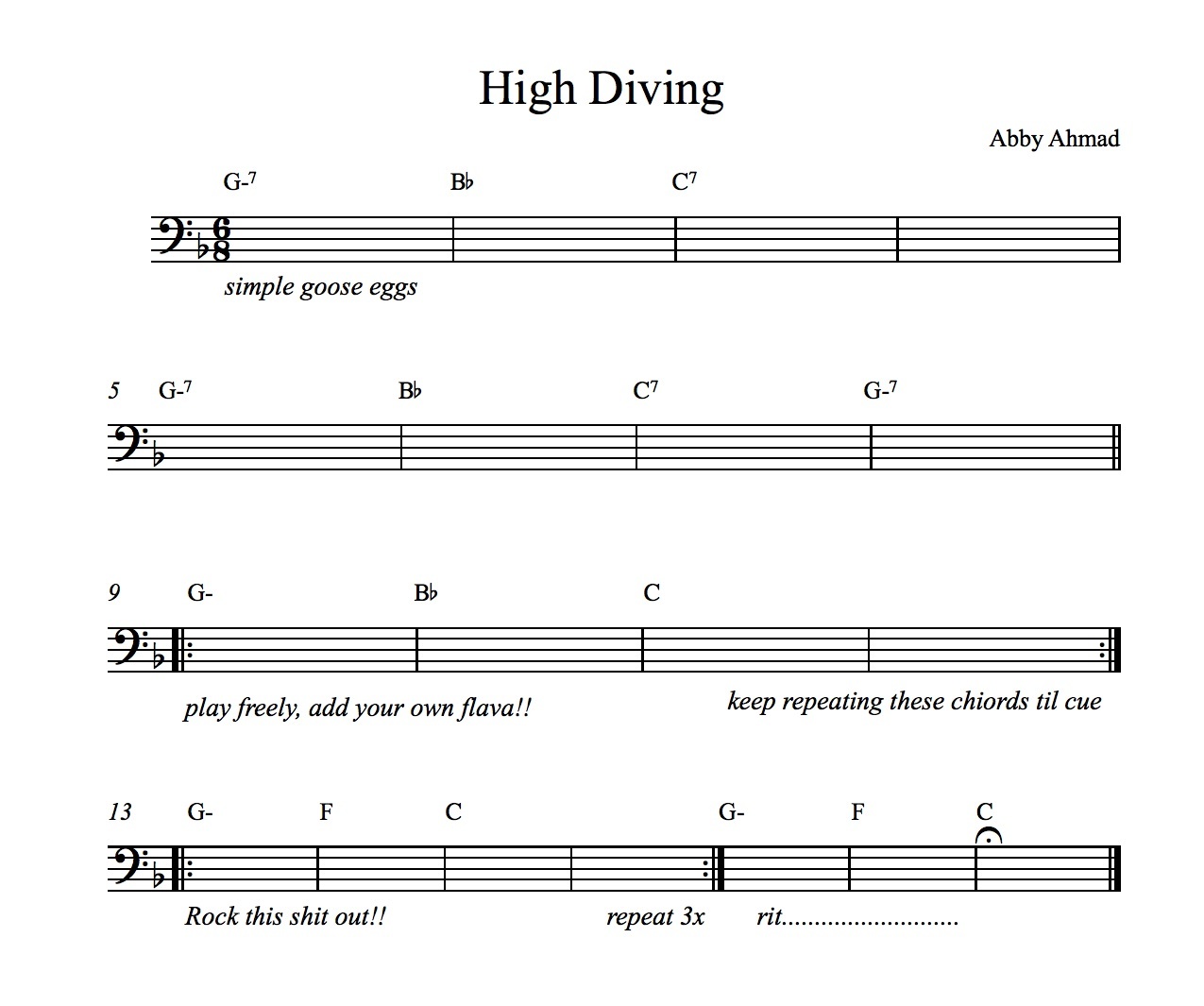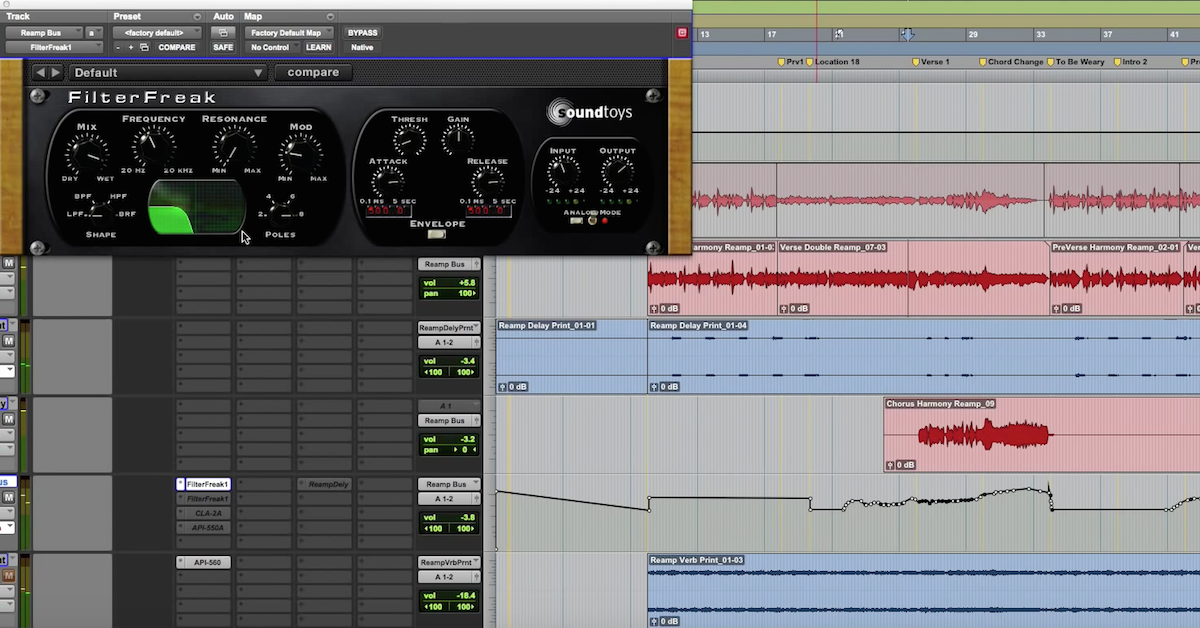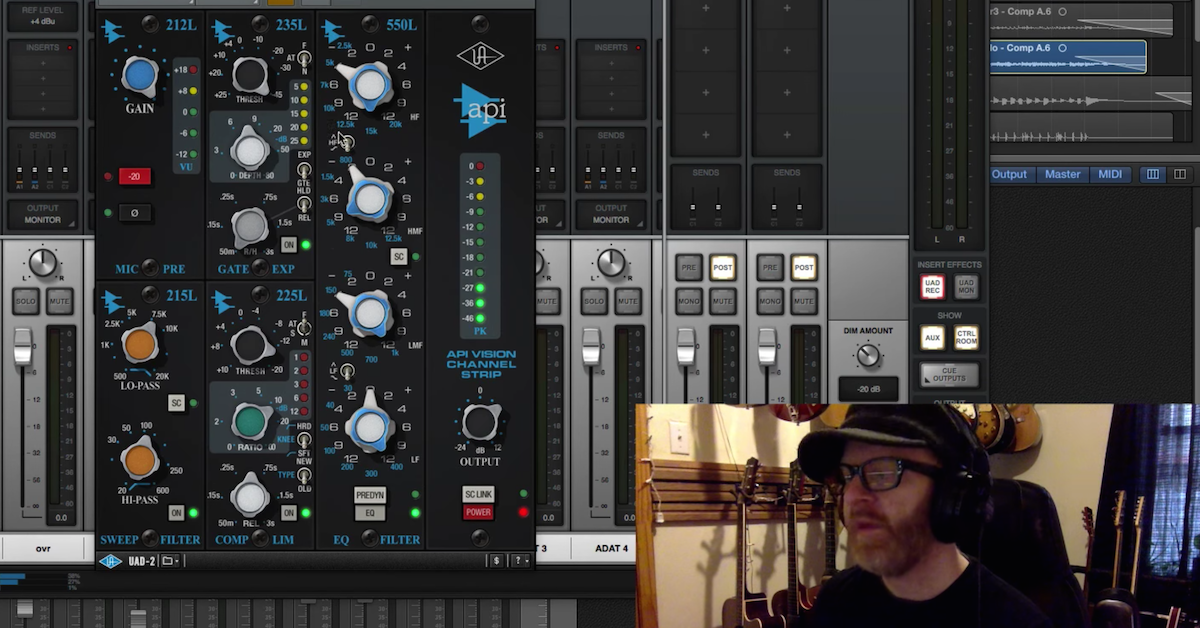The Importance of Pre-Production
Article Content
Pre-production is one of the most important elements of making great music. It happens before the record button is even dusted off. Starting to track before you absorb the song is like a shotgun wedding after a first date. You don’t even know if your partner dirties all the forks and doesn’t wash them, OR hates the Beatles (deal breaker!).
Too often is the case that people work backward when producing a song. They hit the record button and jump right in. They end up trying to change parts after they are tracked. Many record songs before they become over-familiar with them. This is something that only happens after weeks or months of performances.
When producers and artists jump out of the recording aircraft with no parachute, they often don’t have intros and endings worked out. Although this can work on occasion, it is the exception to the rule.
Heard it Through The Grapevine
It’s always beneficial to listen closely to a song in its rawest form. Listen to the dynamics and make sure the transitions are clean between sections. Where is the high point of the song? Where is the quietest moment? Are the dynamics matching the feeling of the song?
There is a lot of decision making that happens at this stage. Think of it as good parenting. You’re spending quality time with your offspring in the hope that they won’t resent you as a teenager. (We all know that’s going to happen anyway). But, by the time they reach their mid-twenties (aka Mastering) they start to appreciate their upbringing.
Town Meeting
A pre-production meeting will often happen like this: I’ll meet in a room with the artist, a piano, iRecorder, pencil and paper.
We’ll run through the song, then talk about the meaning. We discuss feelings towards the delivery of the song. If the song isn’t at the right tempo, we may try a new tempo, record on the iRecorder and listen back. At this point, we’ll try different keys if the song doesn’t sit in the best register for the vocalist.
At this point, I’m also reading the lyrics. I always ask the artist to bring a copy of the lyrics. They can be a great cue for the direction of the production.
Movin’ On Up
Once we start recording in Logic or Pro Tools, I don’t want to be wondering if the tempo or key signature is correct.
Inspector Gadget
Why iRecorder and not Pro Tools? Answer: Ease of playback. I don’t want to run any cables or worry about technology. Hear idea, record idea. K.I.S.S. (keep it stupid simple).
The focus should be on the song. I want all technology to be transparent. The iRecorder app is great because I can share the files easily with the artist for further analysis. It takes seconds to upload to Dropbox after the session.
Reference Tracks
It’s always nice to have the artist bring reference tracks of music that inspires them to a pre-pro meeting. However, I won’t listen to references until after we’ve played the song at least twice.
I still want my first impression to be pure, but afterward, it’s helpful to hear where they’re coming from inspiration-wise.
Reference tracks can be songs that have a similar vibe. Or, they can simply have a sound on it that the artist digs. For instance, someone might bring in a track with a type of drum sound they think will work for their music.
The Scribe
As we’re moving along through this process, I often hear ideas for parts and sounds. This is where the paper and pencil come in. I jot down bass drum patterns, bass line ideas, guitar voicings, etc.
There is something special about the first few times you hear a song. For me, a flood of ideas come from these initial listens. The fewer distractions, the more I can flow with the creativity.
I hear an idea, sit at the piano, find the part I’m hearing and write it down. This doesn’t mean the part is written in stone, but when we start tracking, it really helps to have this launching point.
You can hear the finished product of The Drone at abbyahmad.com
Writing On The Wall
Don’t feel left out if writing music on paper isn’t your thing. You don’t have to read and write music on conventional staff paper. I prefer it because of the directness of the idea (I don’t have to fast forward or scrub through audio notes to find what I’m looking for).
Some prefer using iRecorder or a similar recorder to map out their ideas. Simply press record and say something like “bass guitar part for [song]” and then vocalize it.
Follow these steps for each part you hear. But, record each one in its own audio file and label it properly. There is nothing that kills creativity faster than spending oodles of time trying to locate ideas.
I like to make a chart in pre-pro as well. Perhaps just a simple chord chart. A nice idea is to use staff paper and only put the chords above the staff. That way, the musicians can write new notes and cues as ideas change during the session.
Tip: Make sure to have extra paper and pencil/pens on hand for musicians on session day.
Good Vibrations
One more thing that I am certain to mark down is guides for tones. What kind of sounds will work with the song?
As an example of a tone guide, I may write something like “muted dark drums”.
How does this affect the engineering?
By doing this, it sends us in the correct direction when starting to set up mics. Getting specific sounds often requires different setups. A common mistake is to just throw the mics up without any thought of the destination sounds with the aim of fixing it later.
It’s much more work (and unnecessary) to record a sound and completely change it unless it’s for pure effect purposes. In other words, if I’m looking for a bass sound that has a lot of air (like one I would get from a Hofner), it would be a mistake to record a Music Man 5 string through a Mesa Boogie. Record it as close as you can to its final destination.
Before we record, I already know what bass and amp will send us down the correct path. The same goes for mic placement on drums. I don’t have just one set-up that is utilized. I move mics or change the drum before I add effects.
Give it try before your next session and see how it not only improves workflow, but keeps morale high and creativity fresh.







